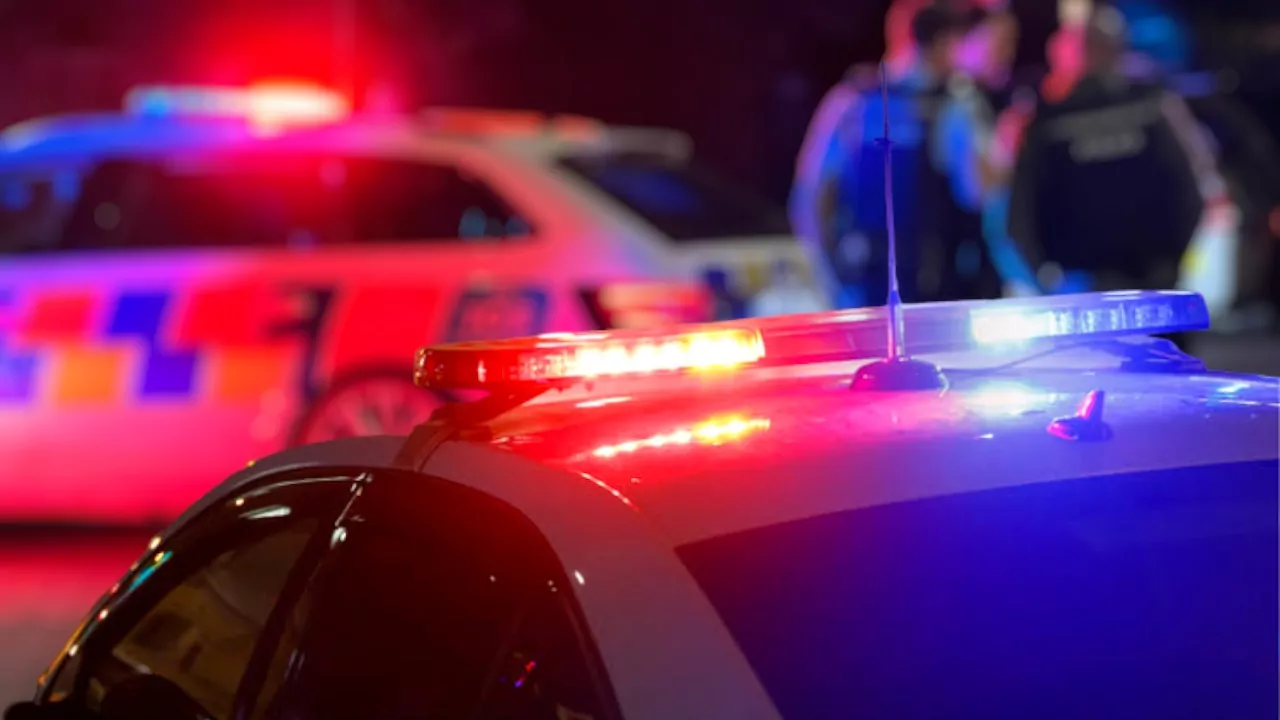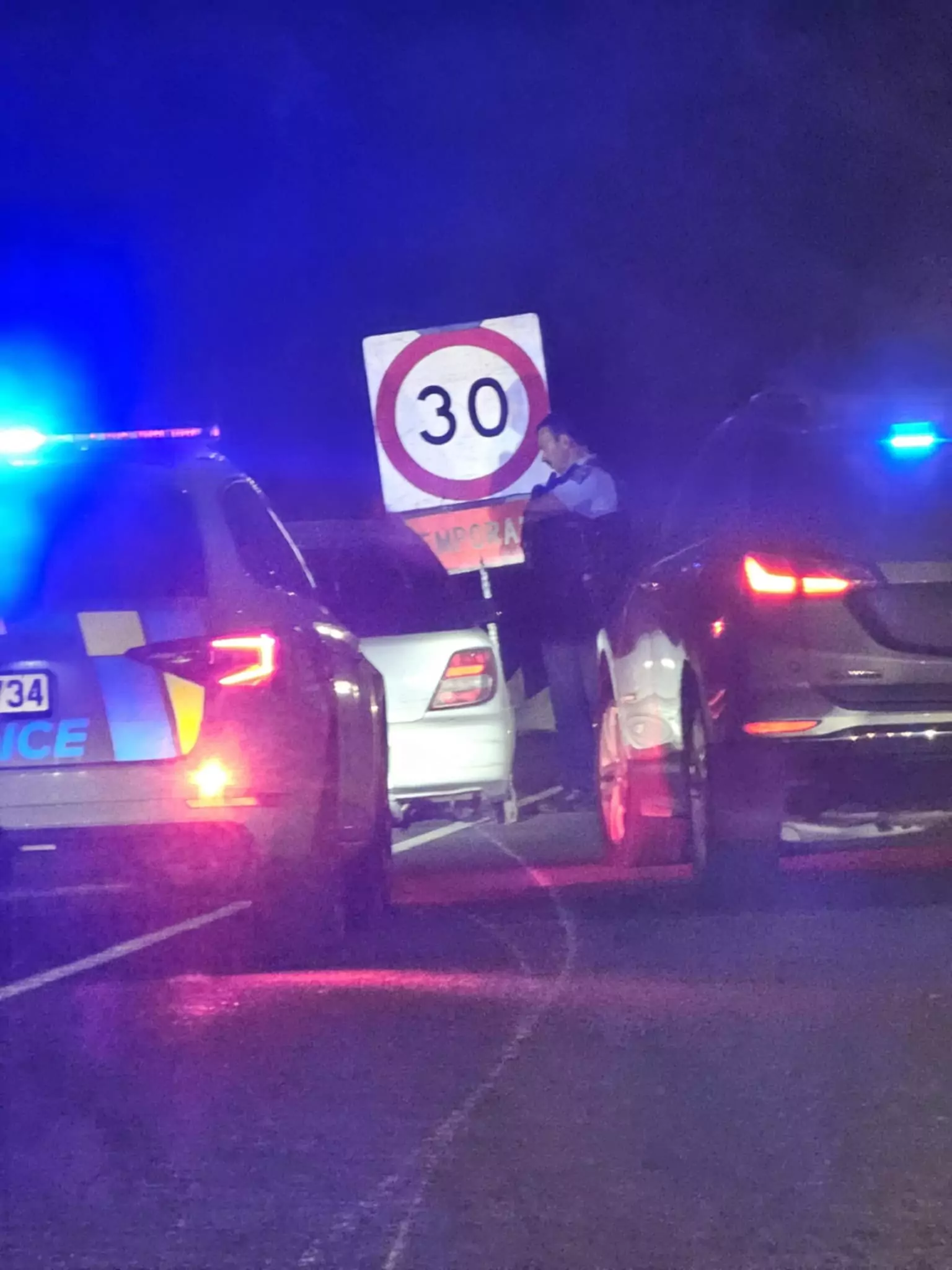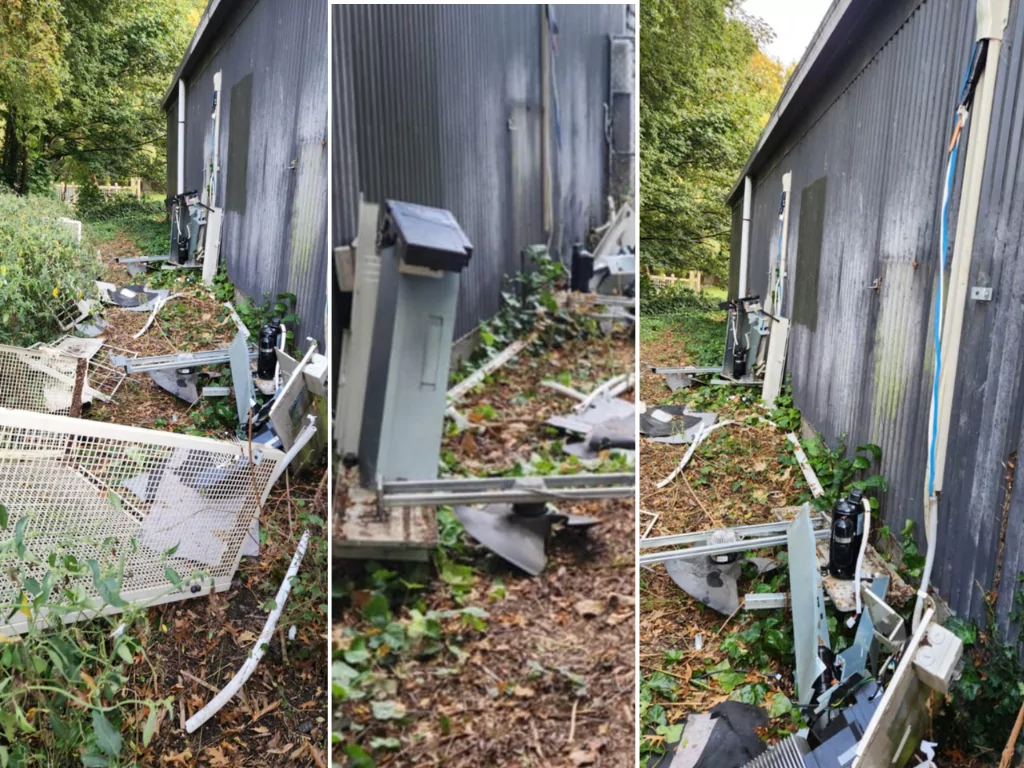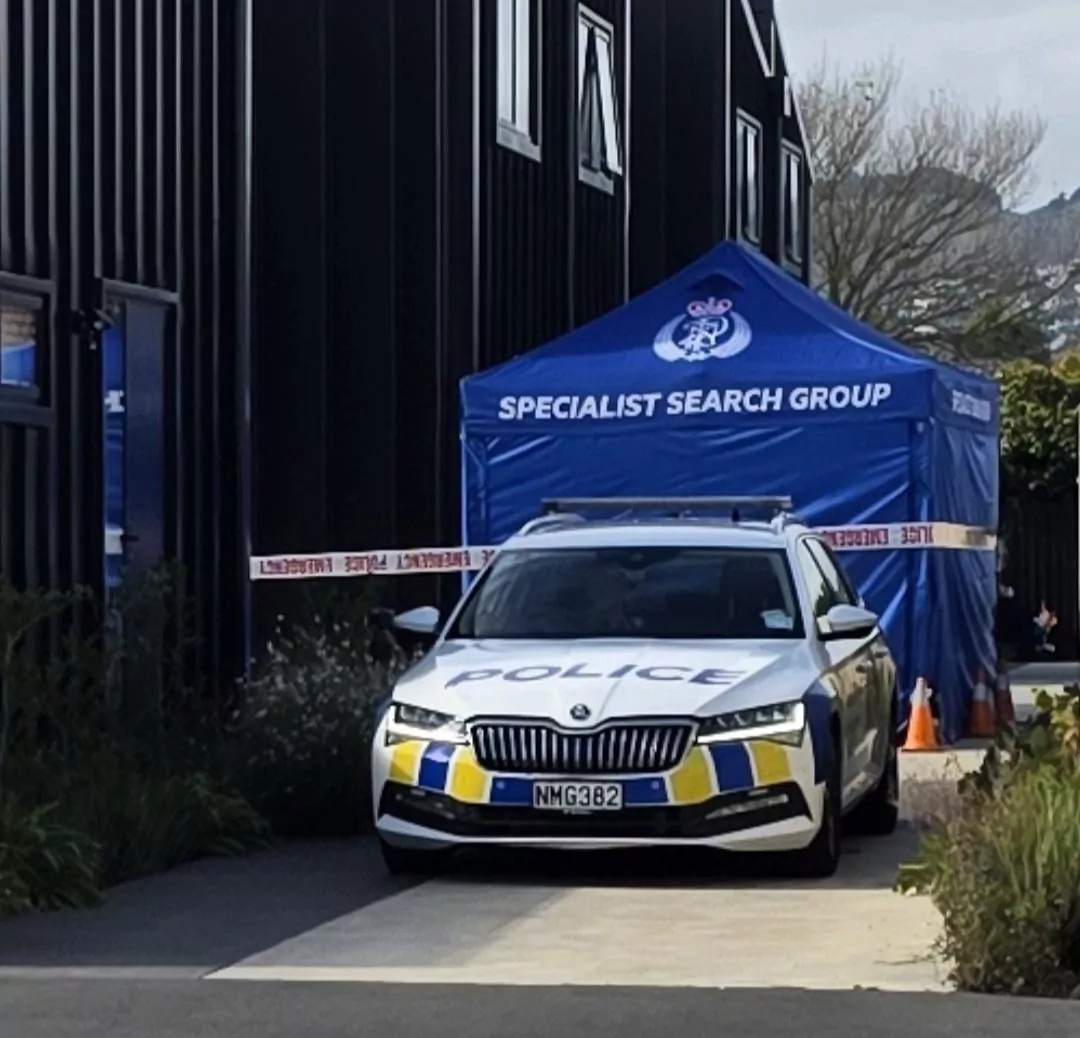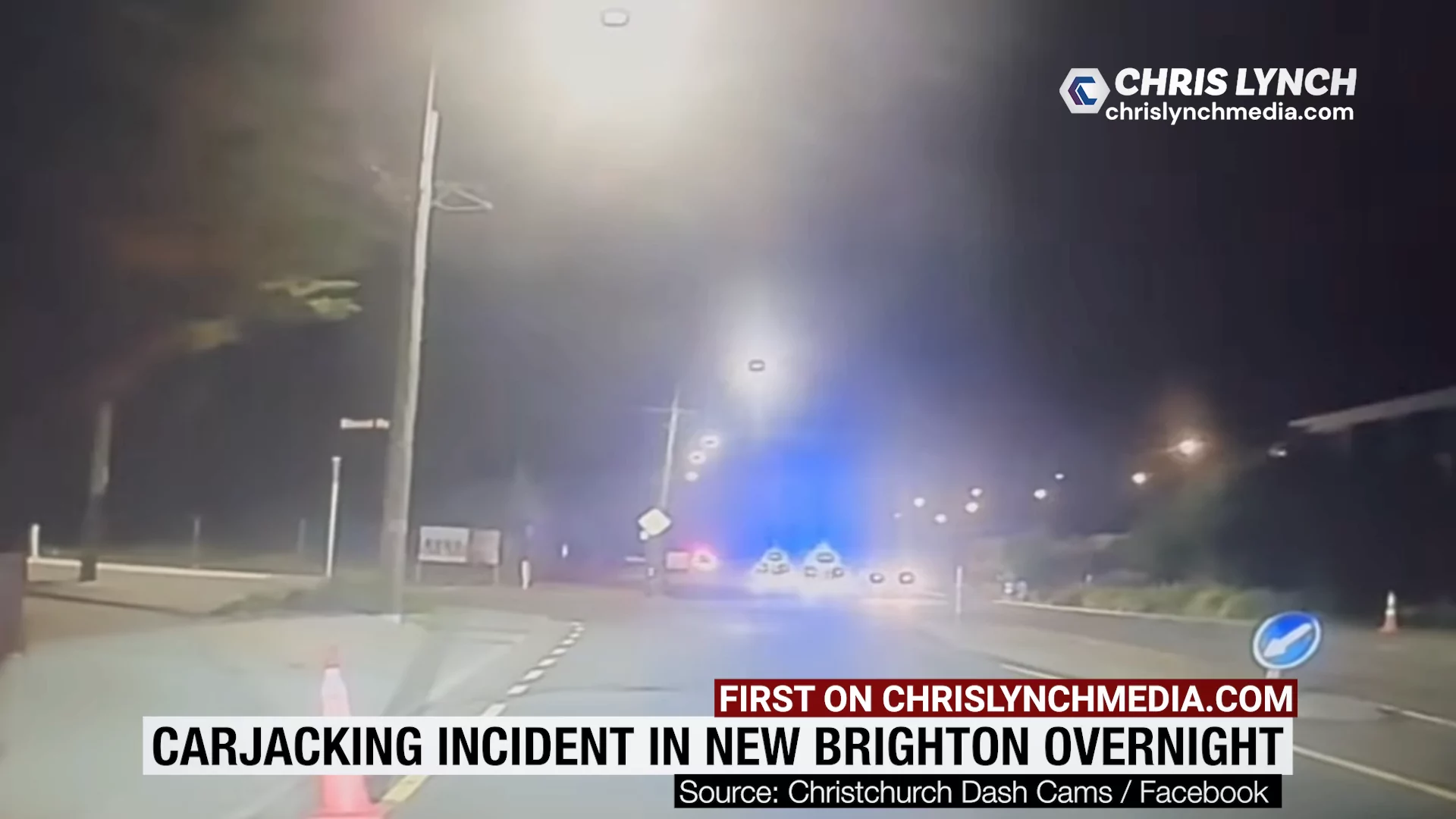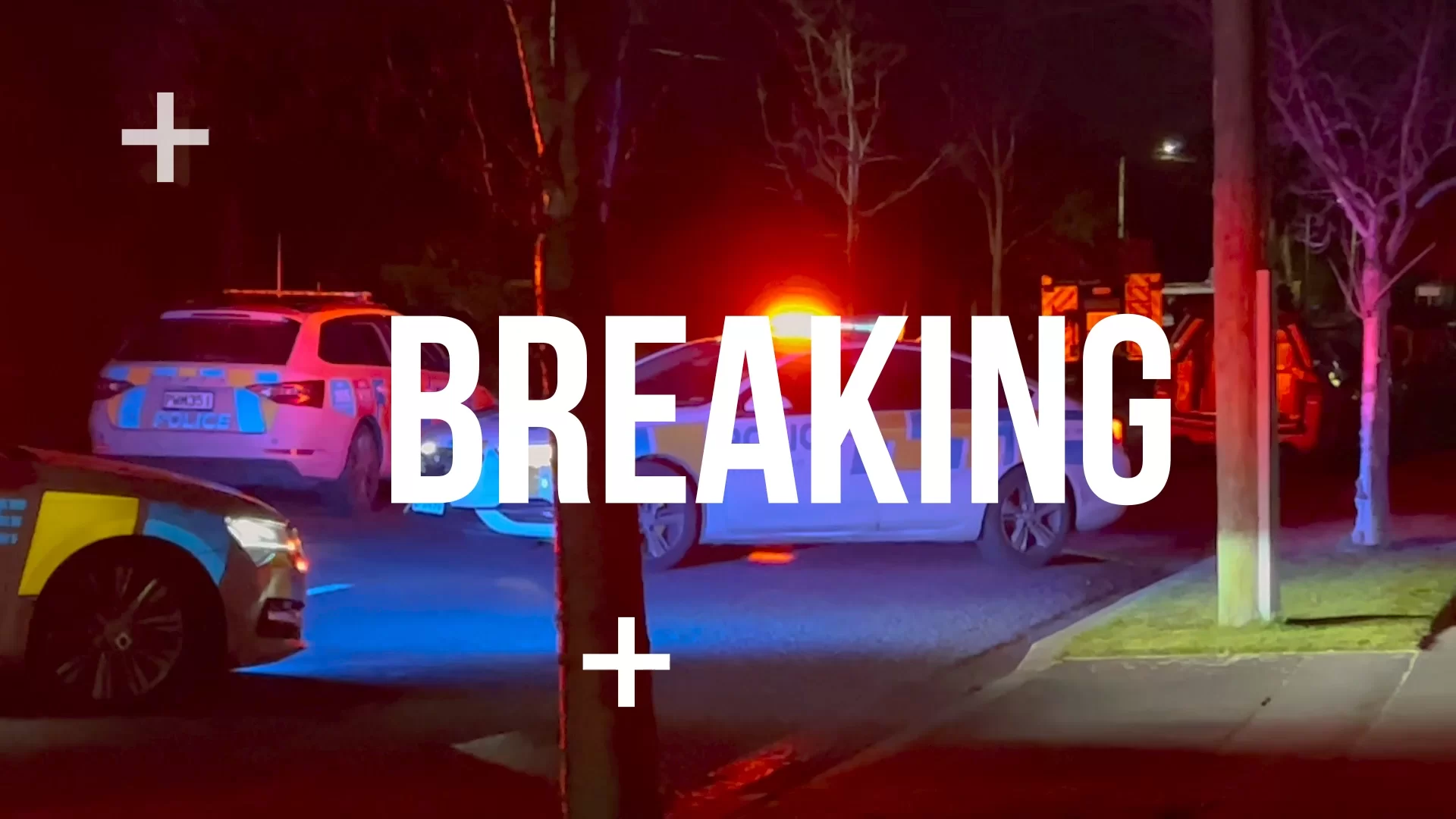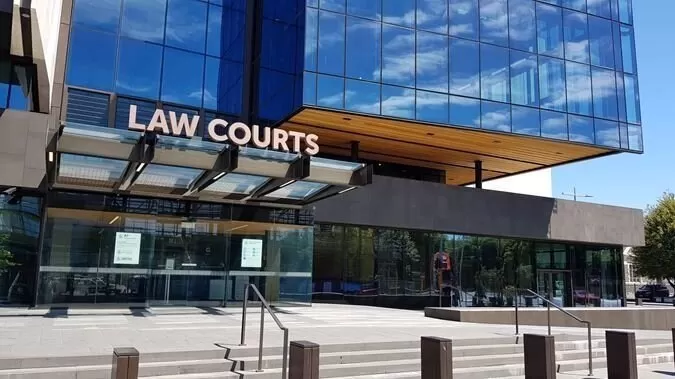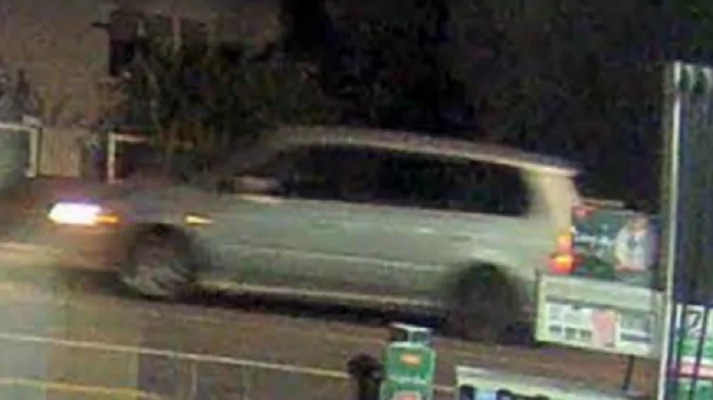New Zealand Police have announced a phased plan to reduce their involvement in mental health callouts, introducing new, higher thresholds for attendance. Police Commissioner Andrew Coster said the changes will start in November 2024 and be fully implemented by September 2025.
Under the new thresholds, police will focus on incidents where there is an immediate risk to life and safety. Cases that do not meet this threshold will be redirected to more appropriate services rather than involving police.
“It is important to be clear that Police will still attend any jobs where there is an immediate risk to life or safety—that has not changed,” Commissioner Coster said. He explained that the increasing demand for mental health services has significantly impacted the police’s ability to respond to other community needs.
Mental health-related calls accounted for 11% of all calls to the Emergency Communications Centre in the year to May 2024, averaging one call every seven minutes. Despite this high volume, only 5% of these events involved a criminal element, and 11% required an urgent response. This workload has consumed about half a million hours of frontline police time annually, which Coster said is “simply not sustainable.”
The phased approach will begin by reducing police presence in emergency departments and adjusting response protocols. Starting in November 2024, police will implement a higher threshold for responding to mental health transportation requests and calls at mental health facilities.
By January 2025, police officers will conduct handovers with health staff at emergency departments and leave after a maximum of one hour unless there is a risk to life or safety.
This time will eventually be reduced to 15 minutes by the end of the phased rollout. Additionally, tighter rules will be introduced around using police custody suites for mental health assessments, which the police do not consider appropriate.
The plan will also address the response to missing persons reported from mental health facilities.
Currently, these cases often trigger immediate police action, but the new approach will involve working with health agencies to manage these situations better, ensuring police are not the first responders unless necessary.
Commissioner Coster said these changes aim to ensure those experiencing mental health distress receive the right help from the right people.
“We want those experiencing mental health distress to get the right help at the right time from the right people.
They do not always want or need a Police car turning up or for Police Officers to sit with them for hours in emergency departments,” he said.
The changes will be coordinated with Health New Zealand to ensure a smooth transition without unintended consequences.
Mental Health Minister Matt Doocey and Police Minister Mark Mitchell welcomed the transition.
Doocey said, “For too long, those seeking crisis support have often been met by a uniformed officer, which can cause further distress. People in mental distress are not criminals. Those seeking assistance deserve a mental health response, rather than a criminal justice response.”
Mitchell said “Police will continue to respond to mental health events with immediate risks to life and safety.
“But the significant increase in mental health demand with Police being the default first port of call is no longer sustainable.
Our frontline officers should have more time to focus on core policing and delivering the services expected of them to keep communities safe.”
